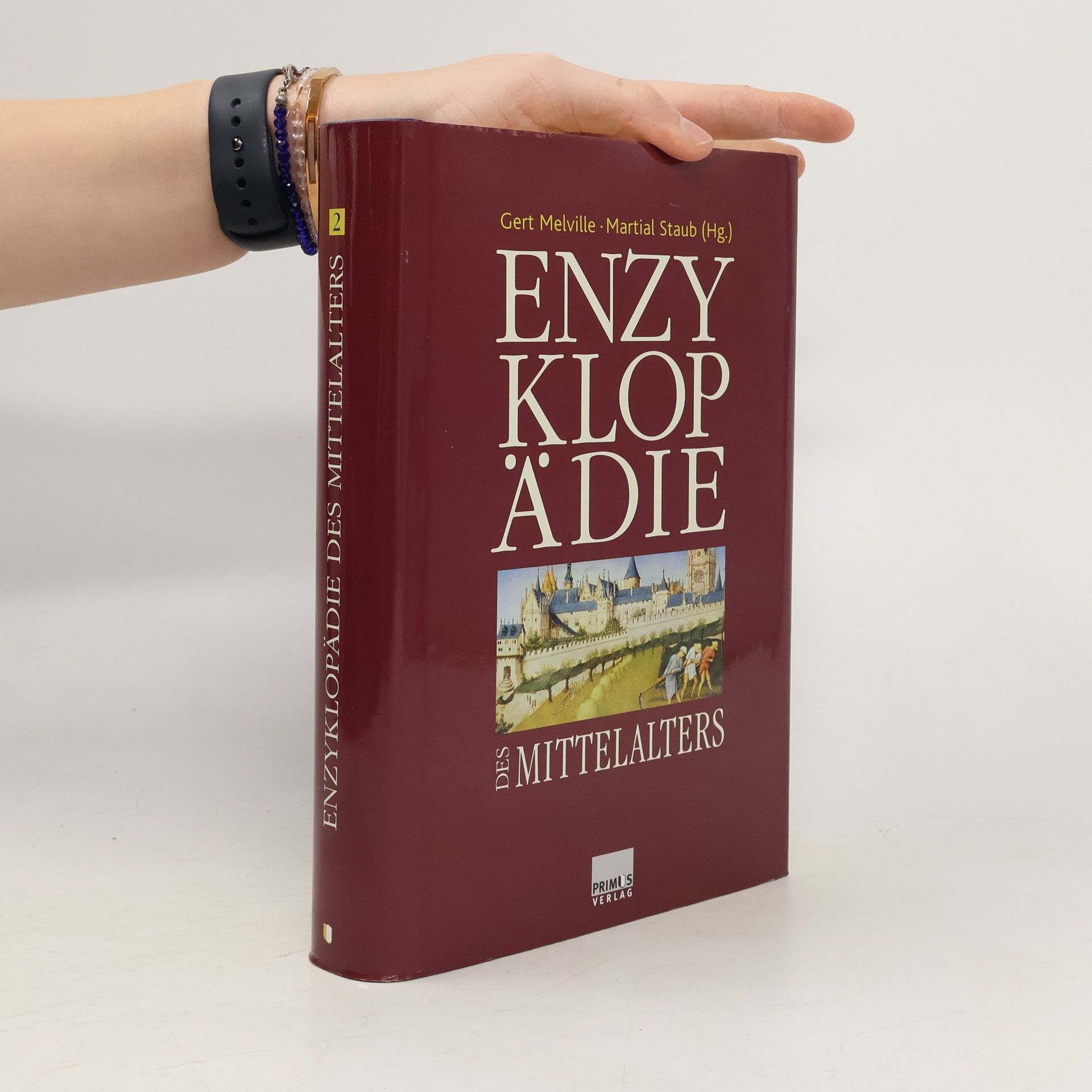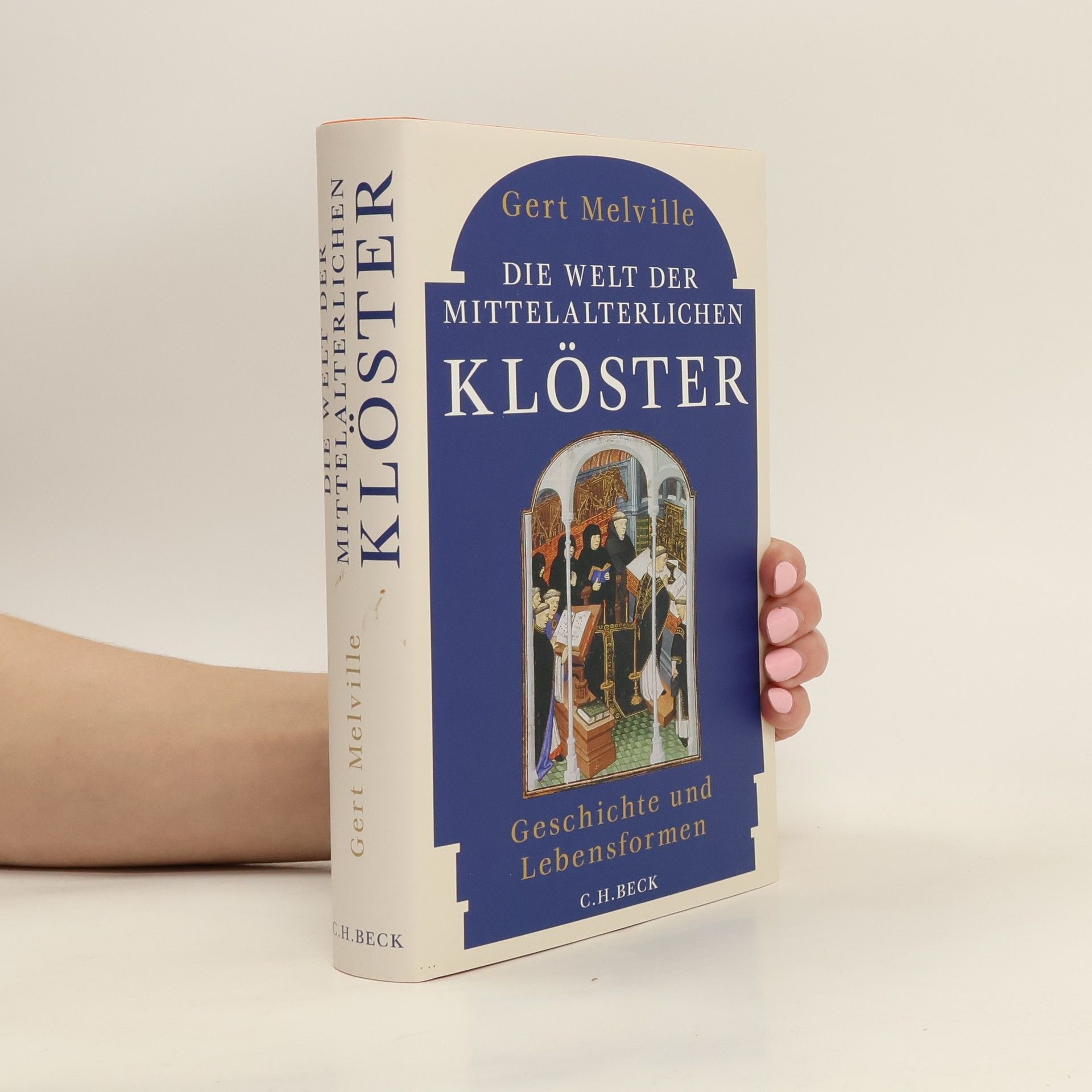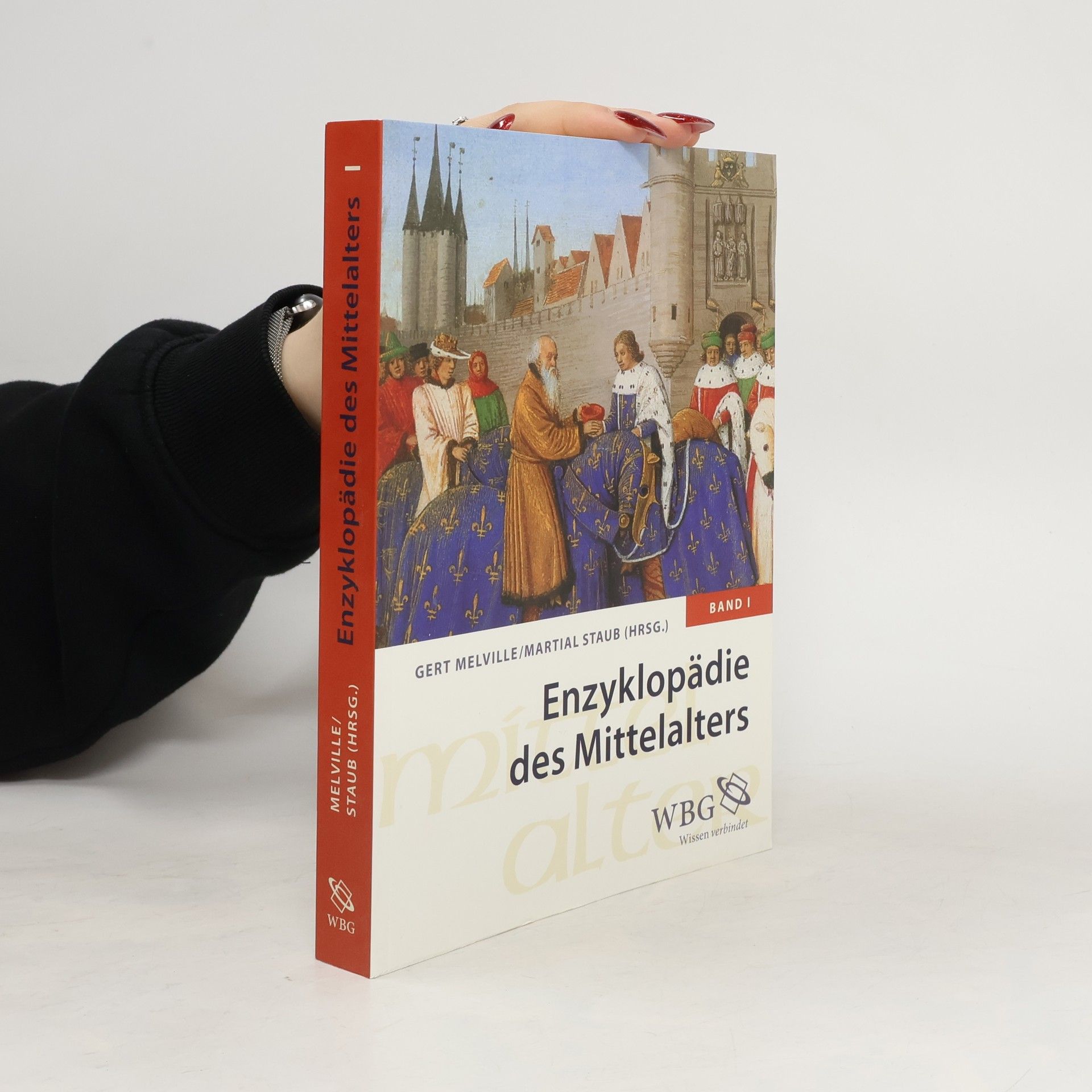Das Mittelalter übt große Anziehungskraft aus und ist uns doch in seinem Wesen und seinen Strukturen fremd. Die ›Enzyklopädie des Mittelalters‹ gliedert die überwältigende Themenvielfalt nicht alphabetisch, sondern in einer logischen Systematik, die es erlaubt, alle Sachverhalte zu einem Stichwort an einem Ort zu finden. Sie widmet sich allen Aspekten des mittelalterlichen Lebens: der Gesellschaft, dem Glauben und dem Wissen, der Literatur, der Bildenden Kunst und der Musik, der Wirtschaft, den Lebensräumen wie dem konkreten politischen Geschehen. Die jeweils besten deutschen Spezialisten bearbeiten die einzelnen Themen. So ist die ›Enzyklopädie des Mittelalters‹ keine bloße Wissensansammlung, sondern gibt der Geschichte eine Struktur und stellt die Zusammenhänge anschaulich dar. Mit Beiträgen u.a. von Gerd Althoff, Arnold Angenendt, Michael Borgolte, Hans-Werner Goetz, Martin Kintzinger, Nicolas Jaspert, Jürgen Miethke, Werner Paravicini, Bernhard Schimmelpfennig und Ernst Schubert.
Gert Melville Books






Dieses Buch bietet auf der Grundlage jahrelanger Forschung eine neue Sicht auf die spätantiken Anfänge des Mönchtums und die klösterliche Welt des Mittelalters. Gert Melville beschreibt anschaulich Klostergründungen und -reformen, Regeln und Gewohnheiten, spirituelle Strömungen und asketische Praktiken und lässt den Leser so eine faszinierende, fremd und fern erscheinende Lebensform besser verstehen. Die Geschichte der mittelalterlichen Klöster und Orden bildet ein Geflecht aus Neugründungen, Abspaltungen, Niedergängen und Reformen. Gert Melville folgt von der ausgehenden Antike bis zum Beginn der Neuzeit den Gründen und Antrieben für diese Entwicklungen. Besonderes Augenmerk gilt dabei den Benediktinern, den eremitischen Bewegungen des 11. und 12. Jahrhunderts, den Regularkanonikern, den Zisterziensern und den Bettelorden. Darüber hinaus beschreibt er die wichtigsten Strukturelemente des klösterlichen Lebens wie Recht und Organisation, Bildung und Spiritualität, die Regelung des Alltags sowie die wirtschaftlichen Grundlagen und macht deutlich, inwiefern die klösterliche Welt Antrieb der kulturellen Entwicklung, in vielem aber auch ein Fluchtweg zur individuellen Perfektion war.
Die Bettelorden im Aufbau
- 668 pages
- 24 hours of reading
Freiheit
- 357 pages
- 13 hours of reading
Freiheit ist ein Grundbegriff europäischer Kultur, der besonders erfolgreich ist. Indes unterliegt er einer kulturellen Prägung, die beim Glauben an den globalen Siegeszug von Freiheit allzu leicht in Vergessenheit gerät. Diese grundlegende kulturelle Prägung wird in einem Blick auf die Geschichte des Freiheitsbegriffs sichtbar. Die Leitidee des vorliegenden Bandes ist es, historische Ausformungen von der Antike bis zur Gegenwart zu analysieren: eine zweieinhalbtausendjährige Geschichte, in der der Freiheitdiskurs erheblichen Verschiebungen unterliegt. Der interdisziplinäre Zugriff, der sowohl die konzeptionelle wie die pragmatische Seite berücksichtigt, sucht dabei die üblichen Trennungen zu überwinden, aus denen sich – je nachdem, ob allgemeine Möglichkeitsbedingungen, historische Realisations- oder gegenwärtige Regulierungsformen von Freiheit in den Blick genommen werden – separate diskursive Traditionen entwickelt haben. Zum Ansatz der Reihe gehört immer auch der ‚Blick von außen‘, für den hier die USA, in denen Freiheit bis heute einen Kern des Selbstverständnisses ausmacht, sowie die ostasiatischen Kulturen der Moderne stehen.
Das Sichtbare und das Unsichtbare der Macht
- 421 pages
- 15 hours of reading
Die Allgegenwart von Macht zeigt sich in jeder sozialen, mithin auch institutionellen Beziehung. Das gilt für die Bildung und Durchsetzung von Erinnerungsstrukturen nicht weniger als für Ordnungsprogramme wie Ordensregeln, Rechtssetzungen oder Verfassungen und betrifft auch die Formen politischer oder künstlerischer Repräsentation, die kulturellen Kanonbildungen, das Verständnis von Person und Amt. In allen Epochen und institutionellen Bereichen lässt sich dabei jedoch eine Spannung zwischen Machtformierung durch gesteigerte Sichtbarkeit auf der einen und einer spezifisch institutionellen Machtverdeckung auf der anderen Seite beobachten. Im vorliegenden Band wird diese Paradoxie anhand verschiedener Aspekte, wie dem Problem der Repräsentation, dem Verhältnis von Öffentlichem und Geheimem, der Alternative von körperlicher Präsenz oder »präsenter« Abwesenheit der Machtinhaber, diskutiert.
Enzyklopädie des Mittelalters
- 498 pages
- 18 hours of reading